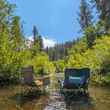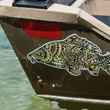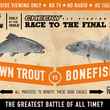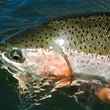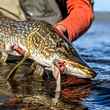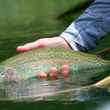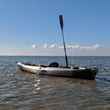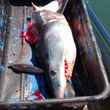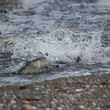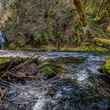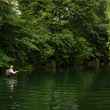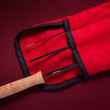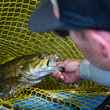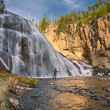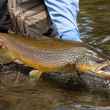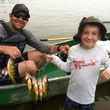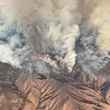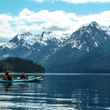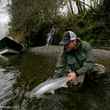There was one older man, an excellent fisher and skilled in all kinds of woodcraft, who was pleased to look upon my house as a building erected for the convenience of fishermen; and I was equally pleased when he sat in my doorway to arrange his lines. Once in a while we sat together on the pond, he at one end of the boat, and I at the other; but not many words passed between us, for he had grown deaf in his later years, but he occasionally hummed a psalm, which harmonized well enough with my philosophy. Our intercourse was thus altogether one of unbroken harmony, far more pleasing to remember than if it had been carried on by speech.
-- Henry David Thoreau – Walden, Or Life in the Woods
Writers and fisherman venture out to the stream, not to listen to one another talk, but to hear nature speak. There's too much yammering going on in the world these days and it would be a great shame to let our all-too-few quiet outdoor moments fall prey to the din. We go out there for the serenity. At least I do.
But I have to acknowledge that we humans are social creatures and conversation inevitably creeps into the picture - particularly on the road or trail to the stream. Talk happens, so, in the event that you and I should share a waterway (and I genuinely hope that some day we do), here are some suggested conversation guidelines:

